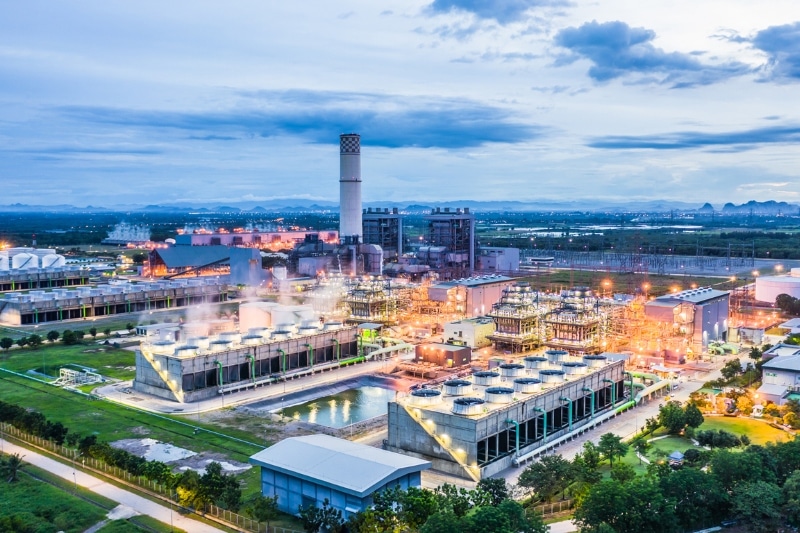Amidst calls pushing for the adoption of waste-to-energy technology (WTE) for waste management in the Philippines, a series of development has happened in the sector including a revived discussion between a consortium led by one of the biggest infrastructure conglomerates, Metro Pacific Investments Corporation (MPIC), and the Quezon City (QC) Local Government Unit (LGU) to develop a 42 MW waste-to-energy facility in the city. The project was initially halted in 2019 due to environmental concerns although the unsolicited proposal was submitted as a Public-Private Partnership back in 2017.
The QC LGU was the one to initiate the resumption of talks and reconcile the last remaining issue which was related to the contingent liabilities to be shouldered by the LGU in the case the private concessionaire or MPIC defaults. It was previously reported that the LGU could not shoulder the liability as it would be outside their budget.
Once completed, the proposed waste-to-energy project can process and convert up to 3,000 MT of municipal solid waste daily into 42 MW of renewable energy, enough to power 60,000 to 90,000 homes per year.
Another highlighted project for waste management is a USD 190,000 grant from the Japanese government to Legazpi City LGU in Albay province which was chosen due to the city’s effective implementation of its solid waste management program. According to the LGU, the bulk of the grant will be used to buy equipment for minimizing marine waste materials through a circular economy, while a minimal portion will be used to improve the city’s waste management.
(Sources: Inquirer; Philippine News Agency)
